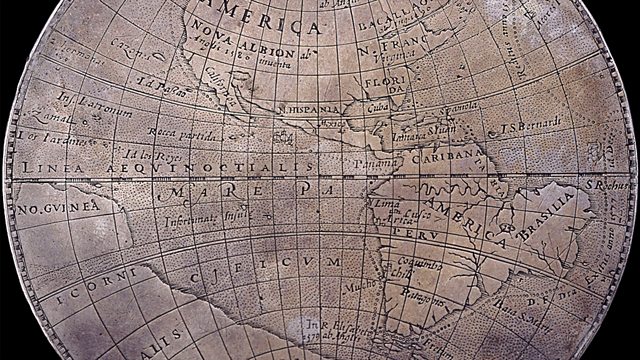
Episode 4
Neil MacGregor reveals how a musical striking clock changed the relationship Shakespeare's audiences had to time. From 2012.
A rare domestic clock with an equally rare minute hand and quarter-hour chimes reveals the changing relationship Shakespeare's audiences had to time.
Object-based history series presented by Neil MacGregor, former Director of the British Museum.
Taking artefacts from William Shakespeare's time, he explores how Elizabethan and Jacobean playgoers made sense of the unstable and rapidly changing world in which they lived.
With old certainties shifting around them, in a time of political and religious unrest and economic expansion, Neil asks what the plays would have meant to the public when they were first performed.
He uses carefully selected objects to explore the great issues of the day that preoccupied the public and helped shape the works, and he considers what they can reveal about the concerns and beliefs of Shakespearean England.
Omnibus of eps 16-20 of 20 episodes.
1603 saw not only a new king but the worst plague outbreak since the Black Death. Neil MacGregor shows how its impact and reach is told through a series of early seventeenth century proclamations and how the publication of the First Folio of Shakespeare's collected plays in 1623 began the process of turning an early modern playwright into a global phenomenon.
Producer: Paul Kobrak
First broadcast on Βι¶ΉΤΌΕΔ Radio 4 in May 2012.
Last on
More episodes
Previous
Next
You are at the last episode
See all episodes from Shakespeare's Restless World (Omnibus)
Broadcasts
- Sun 12 Nov 2023 07:50Βι¶ΉΤΌΕΔ Radio 4 Extra
- Sun 12 Nov 2023 12:50Βι¶ΉΤΌΕΔ Radio 4 Extra
- Sun 12 Nov 2023 18:50Βι¶ΉΤΌΕΔ Radio 4 Extra
- Mon 13 Nov 2023 01:50Βι¶ΉΤΌΕΔ Radio 4 Extra
